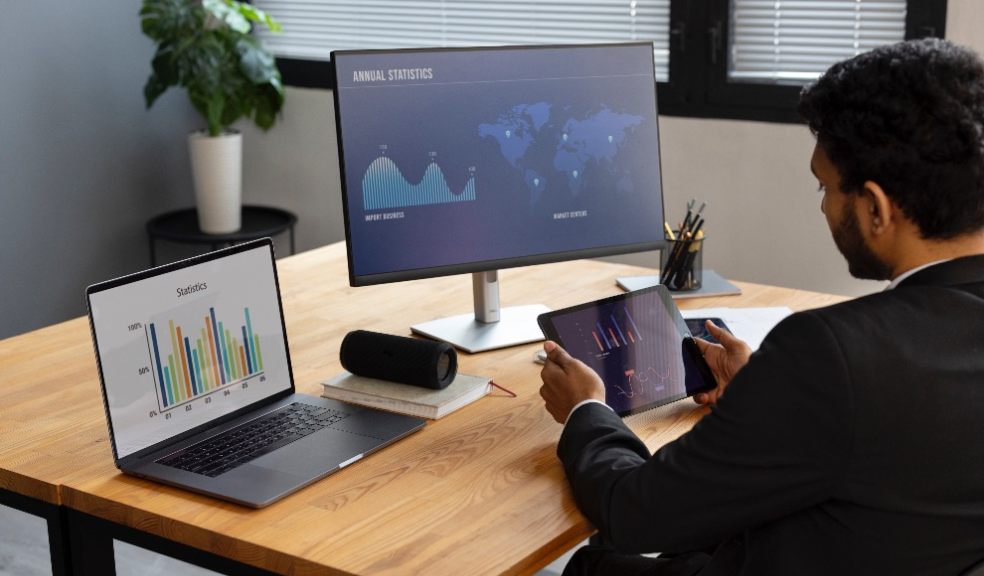
The Critical Role of AML Checks for Accountants in Financial Compliance
Accountants are pivotal in maintaining the transparency and integrity of the financial sector, making their role in anti-money laundering (AML) efforts especially important. They are often the first line of defence against financial crimes due to their access to client’s financial information and activities. This article explores the importance of AML checks for accountants, the processes involved, and how these checks help maintain compliance and trust in the industry.
The Purpose of AML Checks
AML checks are processes designed to identify, analyse, and report activities that may be related to money laundering. For accountants, these checks are not just a regulatory requirement but also a key part of their responsibility to maintain financial integrity. The main goal is to ensure that clients’ financial activities align with their declared business purposes and that any suspicious transactions are flagged and investigated.
The checks typically involve verifying clients’ identities, understanding the nature of their business, assessing risks, and ongoing monitoring of their transactions. This helps accountants ensure that they do not become unwittingly involved in illegal activities. With financial crimes becoming increasingly complex, robust AML checks are more crucial than ever.
Why Are AML Checks Important for Accountants?
The significance of AML checks for accountants cannot be overstated. The regulations in the UK, such as those set by HMRC and the Financial Conduct Authority (FCA), require accountants to conduct thorough AML checks as part of their professional obligations. Non-compliance can result in severe consequences, including fines, loss of licence, and reputational damage.
Conducting AML checks also helps accountants identify high-risk clients. Certain industries or regions may have a higher risk of involvement in money laundering activities. By assessing this risk, accountants can focus their efforts on clients who pose a greater risk and take additional precautions, such as more frequent reviews or enhanced due diligence.
Additionally, performing AML checks helps accountants maintain trust with their clients. By following strict compliance measures, they demonstrate a commitment to ethical practices, which can attract clients who value transparency and integrity. This trust is essential for building long-term relationships with clients, especially in a field where discretion and confidentiality are paramount.
Key Aspects of AML Checks for Accountants
To carry out effective AML checks, accountants need to follow a systematic process. The first step is verifying the identity of clients through the Know Your Customer (KYC) process. This involves collecting documents like passports, utility bills, and business registration certificates to ensure that the client is who they claim to be. This process is crucial in preventing fraud and ensuring that accountants are working with legitimate individuals or businesses.
Understanding the client’s business is another critical aspect. Accountants must have a clear understanding of how the client generates income and the nature of their transactions. This allows them to identify any activities that do not align with the client’s usual business operations, such as sudden large transfers or transactions with high-risk jurisdictions.
Ongoing monitoring is essential as it ensures that any changes in a client’s activities are detected promptly. This involves regularly reviewing transactions and maintaining updated records of the client’s activities. Accountants should be vigilant for signs of unusual behaviour, such as a significant increase in cash deposits or transfers to offshore accounts.
Reporting suspicious activities is a key responsibility in the AML process. If an accountant notices a transaction that raises concerns, they must submit a Suspicious Activity Report (SAR) to the relevant authorities. This ensures that the potential risk is investigated further, protecting both the accountant and their firm from legal repercussions.
Conducting AML Checks
While AML checks are necessary, they do present challenges. The complexity of regulations can make it difficult for accountants to stay up to date. Laws and guidelines around AML are constantly evolving, which requires accountants to continually update their knowledge. This can be time-consuming, especially for smaller firms with limited resources.
Another challenge is the risk of false positives. These occur when legitimate transactions are flagged as suspicious, leading to unnecessary investigations and delays. Adjusting the parameters of monitoring tools and using more advanced technology can help reduce the occurrence of false positives, but it requires investment in appropriate software solutions.
Balancing client relationships with compliance can also be tricky. Some clients may find the verification process intrusive, especially if they do not understand the necessity behind it. Accountants must explain the importance of AML checks to their clients clearly, ensuring that they understand the compliance requirements and the value of maintaining a transparent relationship.
How Technology Can Aid AML Checks
The role of technology in simplifying AML checks cannot be understated. Software solutions can automate much of the identity verification process, making it faster and more efficient. Automated transaction monitoring tools can scan large volumes of data for irregular patterns, freeing accountants to focus on higher-level analysis and decision-making.
Data analytics tools can also help accountants assess risks more accurately. By analysing trends and patterns in a client’s transactions, these tools can provide insights into potential risks, allowing for a more targeted approach to AML checks. Additionally, using digital platforms ensures that records are securely stored and easily accessible for audit purposes, simplifying compliance.
Conclusion: Strengthening Financial Integrity Through AML Checks
AML checks are an indispensable part of an accountant’s role, ensuring that financial systems remain transparent and secure. By conducting thorough checks, understanding clients, and using modern technology, accountants can navigate the complexities of AML regulations effectively. Though challenges exist, the benefits of maintaining compliance and building trust with clients make the effort worthwhile. For accountants, investing in robust AML procedures is not just about avoiding penalties; it is about contributing to a safer and more transparent financial landscape.













